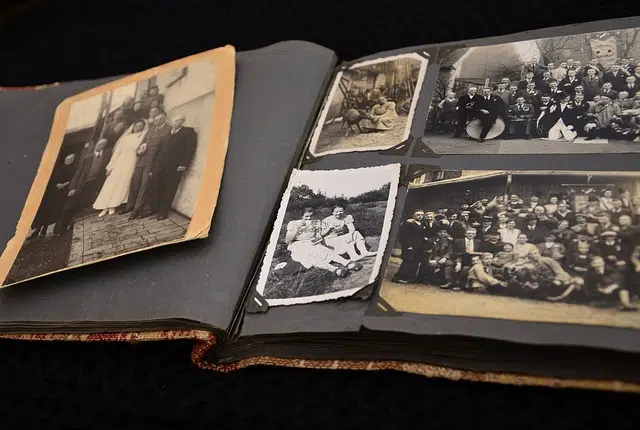
The past is what is chronologically left behind.
The past is the time that has already happened and that, in a chronological line, is behind us . Both that time and what happened in the period in question is known as the past.
For example: "The singer's addictions are now in the past" , "The player's turbulent past came to light when he tried to cross the border and was detained by the police" , "Argentina was a very prosperous country in the past, but "It currently suffers great economic problems and has more than half of the population below the poverty line."
Different views on the past
There are different ways to analyze the past. There are those who believe that everything in the past was better : this is a pessimistic position that does not trust the progress of Humanity, but rather defends the reality experienced in previous years.
Another philosophical position, more grounded in reality, maintains that the past must be remembered to rescue the positive and not repeat errors . In this sense, the past would be the basis on which the present is built and the future is planned.
A third position states that the past does not exist (or, at least, it only exists in people's minds). According to this notion, the only thing that has real existence is the present: the past has already died and the future has not yet arrived.

It is common to feel nostalgia or melancholy for the past.
Melancholy and nostalgia
Despite this ideological distinction, it is almost inevitable to feel a certain nostalgia for our past. Even those who claim to look to the future, always think about development and growth, love innovation and not fear change, go through moments of weakness in which they long for childhood , the innocence typical of that time in which, in In the case of the luckiest, there were no obligations, death or uprooting, among so many different ailments that can be suffered in life.
The past gives a feeling of security, of control , since it is known and does not change . Of course we have the power to remember it with certain modifications that adjust to the needs we have at each stage of our lives. It is very common for the same event to be brought to mind with different connotations each time, depending on the feelings present at the time of evoking it; For example, someone who manages to leave poverty behind may remember with contempt their childhood full of deprivation and, later, if they suffer a very profound loss, long for it because of the emotional security they felt, despite the economic instability.
The past as a basis or starting point
As often happens in other cases, a balanced posture is the most advisable, since it allows us to learn from the past to build a better present. It is inevitable to rely on experience to grow; What would a scientist be without starting from the countless discoveries made by his predecessors, or a writer without having cultivated reading through the great classics? In many cases, pride leads certain people to seek a reality completely detached from their roots, believing that only in this way is it possible to achieve authenticity. And this couldn't be further from the truth.
No one can choose their origins, and people who look for answers for everything usually regret many events from their past, be they teachings from their parents that lacked meaning or morality, or ideas that they used to defend as adolescence and with which they no longer feel. identified. But someone who is able to question those events and capitalize on what they learn from their mistakes has incalculable wealth , and there probably aren't many obstacles they can't overcome in life .
It is interesting to mention that, for physics , the past of an event
